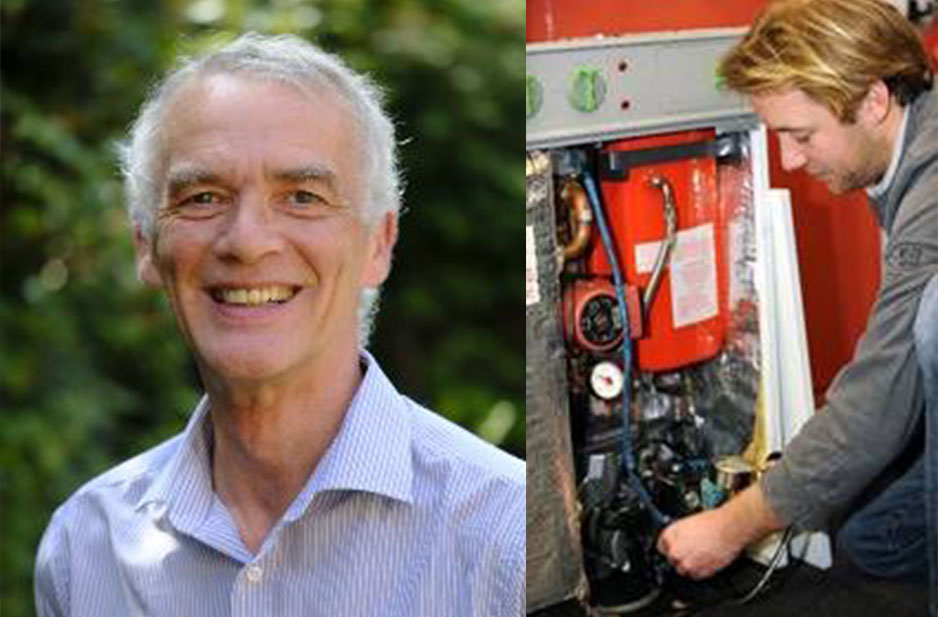Students to mark 30 years of Pretty Woman with immersive film fundraiser
A group of Birmingham students are hoping to raise thousands of pounds for youth homelessness charity St Basils with a series of fundraising events, including a special screening of ‘Pretty Woman’ to mark 30 years since the film’s release.
‘Pretty Woman - Immerse Yourself: 30 Years On’ takes place at Birmingham Mailbox’s Everyman cinema on Sunday 29 March, with the event set to include a screening of the Hollywood blockbuster accompanied by dancers and singers in the cinema.
The fundraiser is one in a series of events being hosted by Birmingham City University’s Fashion Business and Promotion students in March, which sees undergraduates tasked with delivering a successful live event without a starting budget.
Lecturer Laura Arrowsmith said: “Each year our students do a fantastic job of not only raising funds to deliver such spectacular events, but generating huge amounts of cash for charity at the events too.
“We run this module each year and it’s really popular with students who love the hands-on experience of organising an event from scratch.”
Other activities planned for March include dog therapy classes and flower arranging with afternoon tea.
All funds raised from the students’ efforts will go to St Basils, who work with more than 5,000 young people each year who are homeless or at risk of homelessness, supporting them to regain stability in their lives and rebuild a fulfilling future.
Tickets for ‘Pretty Woman – Immerse Yourself: 30 Years On’ which include complimentary refreshments cost £15 and can be purchased here.
Starring Julia Roberts and Richard Gere, ‘Pretty Woman’ was one of the highest-grossing films of the 90s and is hailed by many of as one of the greatest rom-coms of all time. A musical based on the film debuted in the West End earlier this month, receiving mixed reviews from critics.























